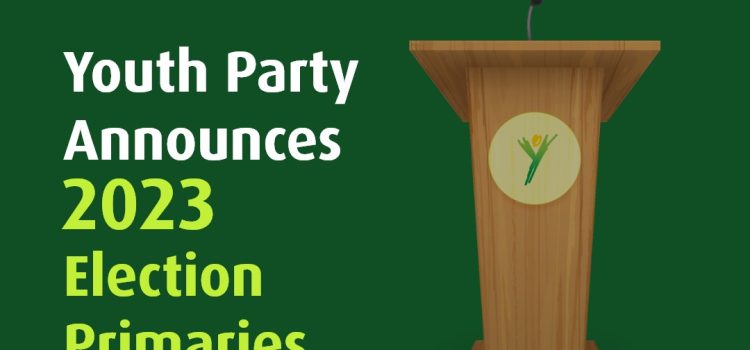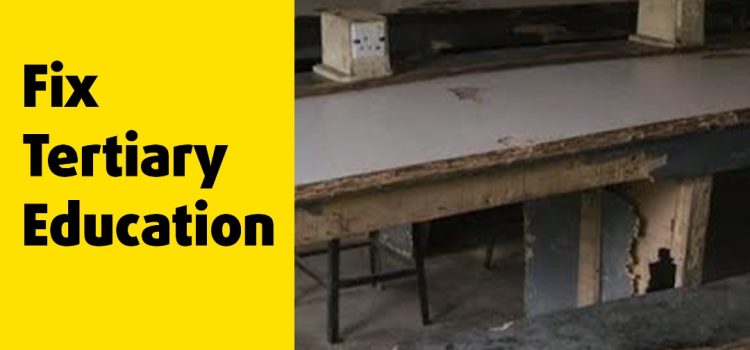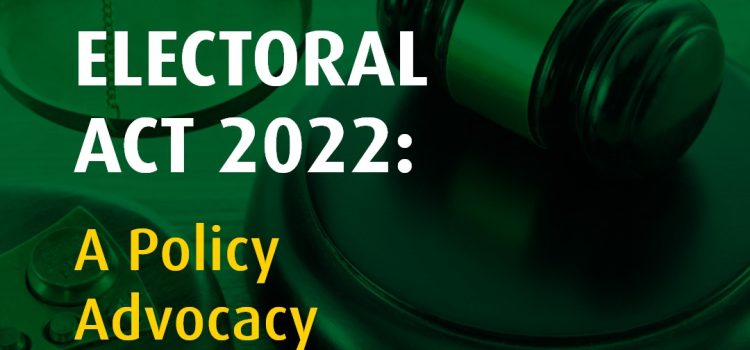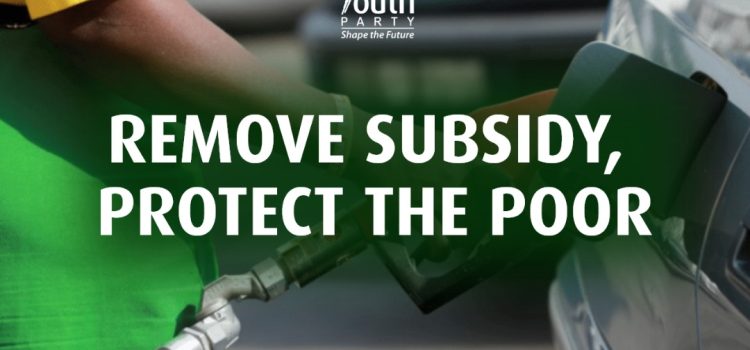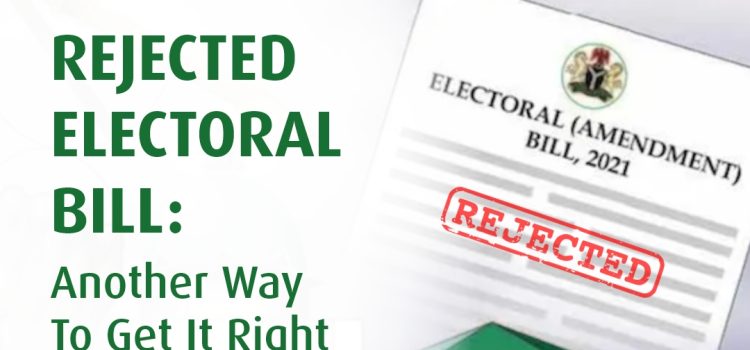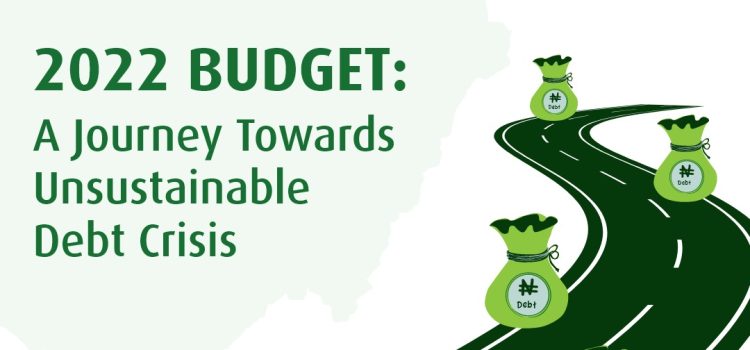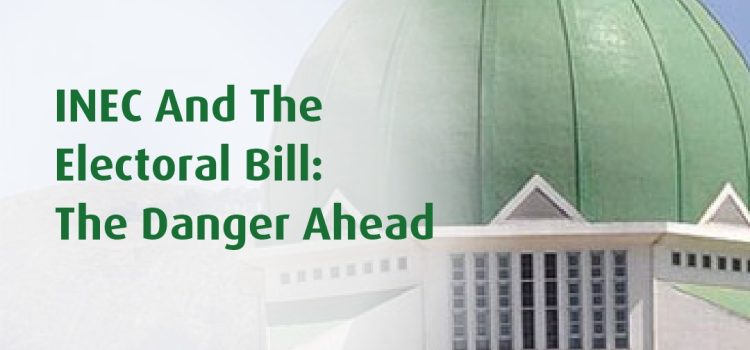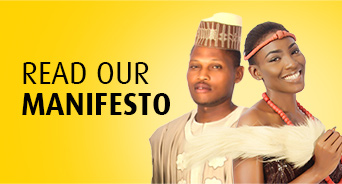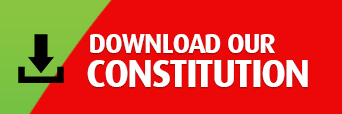Strong democracies are built on the idea of equality, justice and liberty. But democracies endure because citizens are empowered with the inalienable rights to freely assemble and to determine their future through a free, transparent and credible electoral process. Once the electoral process is exclusionary, such a system rigs democracy in favour of a tiny elite in pursuit of narrow and selfish interests. It is for this reason that democratic societies must continue to reform their electoral systems to be more inclusionary. Except a level playing field is created for all persons to compete favourably in an electoral process, citizens are denied the most crucial element of a democracy – the right to choose.
Rather than attempt to further open the democratic space, the Independent National Electoral Commission has placed before the National Assembly, a Bill that would make it almost impossible for new and smaller political parties to grow organically. INEC seem to have been persuaded by the tempting but faulty assumption that political parties are solely in the business of winning elections. This is incorrect. Although winning elections are important for political parties (as this allows them to govern and implement their ideas), it remains only one of several functions of political parties some of which include moulding the public’s opinion of various issues, offering alternative ideas of governance, effective opposition, monitoring actions of officeholders and educating the electorate (or citizens) on various issues that affect them.
To therefore reduce political parties to mere vehicles for winning elections will inadvertently create a desperate and self-defeating system where politicians’ singular focus will be winning elections rather than the socioeconomic development of the society. Perhaps, this explains the lack of imagination in our current state of affairs that has resulted in record numbers of poverty, unemployment and insecurity. A system that is intolerable of new ideas will struggle to make meaningful progress.
So, what is INEC proposing and how does it stifle the electoral space?
INEC is setting impossible criteria for new parties that can only be met by a Party that has being in existence for a few years. Section 78(7)(a)(ii) of the Electoral Bill provides that:
“The Commission shall have power to deregister political parties on the following grounds-
(ii) For failure to win Presidential or Governorship election or a seat in the National or State Assembly election.”
The Bill sets an unrealistic and limiting criteria that for a political party to remain in existence.
The proposed provision is at variance with Section 225A of the 1999 Constitution of the Federal Republic of Nigeria (fourth amendment), which gives INEC the powers to deregister a political party for breach of any requirement of the registration, failure to win at least 25% of votes cast in one state of the federation in a presidential election, one local government of the state in a governorship election, one ward in a chairmanship election, one seat in the national or state house of assembly or one seat in the counsellorship election.
It is retrogressive to reduce the existence of a political party to its ability to win a presidential, governorship, or state house of assembly election. This is a blatant attempt to restrict the political space to the two dominant political parties – the APC and PDP, the appointors of the INEC leadership. This will always leave citizens with the short end of the stick. Emerging political parties should be given at least four-year election cycle to meet the requirement of section 225A of the 1999 constitution.
Another issue is who deregisters a political party? The current practice is that INEC unilaterally decides whether a political party has fallen short of certain requirements and then goes ahead to deregister the party. It is my view that only a court order from a court of competent jurisdiction should empower INEC to deregister a political party. This is to enact a legal framework that protects smaller political parties from being unduly disenfranchised. To deregister a political party is to take life away from a lawful assembly and such powers should not be left to the discretion of INEC but an unbiased judge after giving both parties a fair hearing. It is illogical that only a Court of law can disqualify a candidate from running in an election but INEC has the unfettered power to deregister his or her Party which includes the candidate and many others. In the banking industry, only a court, upon application by CBN can withdraw a banking license. This permits fair hearing and avoids abuse of power. It is noteworthy that the INEC leadership is appointed by the Ruling Party; Thus, leaving the power to deregister competitors solely in the hands of such political appointees offends the principle of natural justice.
The focus of INEC and the National Assembly should not be about drastically reducing the number of political parties without any real basis. It should be on how to expand the political space and create a level playing field that encourages smaller political parties to grow at their own pace. After all, South Africa has 93 registered political parties, The United States has 32, Ghana 24 and the United Kingdom 18.
Not every political party wants to contest the presidential election. Some political parties are contented with operating at the grassroots and competing only at the local government level. This should not be crippled; because it allows political education and participation at the grassroots. It is fair to concede that the APC and PDP are big political parties with a national spread. The Electoral Bill is tacitly promoting only these parties as having the God-given right to participate in electoral process.
The position of the law is clear on the fundamental right to freely associate. The Constitution and other international treaties to which Nigeria is a signatory protect this inalienable right, they include:
Section 40 of the Constitution, Article 10 of the African Charter of Human and Peoples Rights and Article 23 of the Universal Declaration of Human Rights, adopted by the United Nations General Assembly.
Elected members of the National Assembly must therefore rise above partisanship and reject any bill that stifles the electoral space and discourages political association at all levels.They
owe it a duty to their constituents to uphold the oath they swore to defend the constitution and to preserve our democracy. The country is better off with robust political participation.
